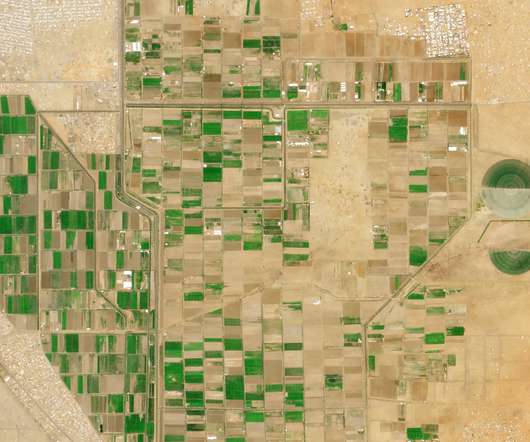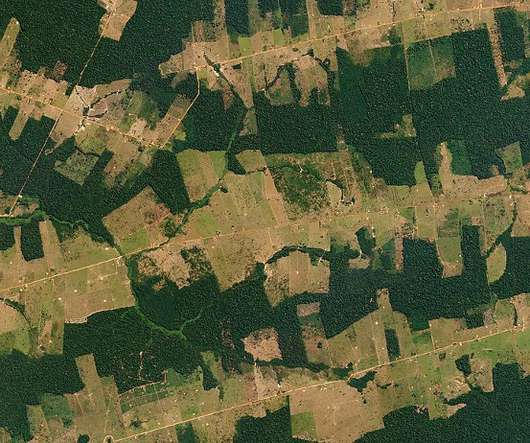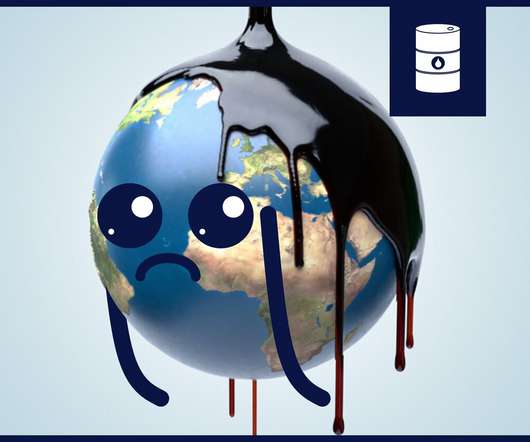Planet Customers Share How Our Satellite Data Enables Global Transparency and Sustainability at Explore 2021
Planet Pulse
OCTOBER 13, 2021
Our science track demonstrated the robust research applications for Planet’s datasets, highlighting key findings in climate change and carbon farming initiatives. Catherine Nakalembe to discuss how satellite data can provide critical insights for food production and management in Africa. All Rights Reserved.















Let's personalize your content